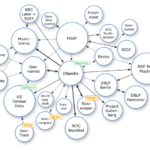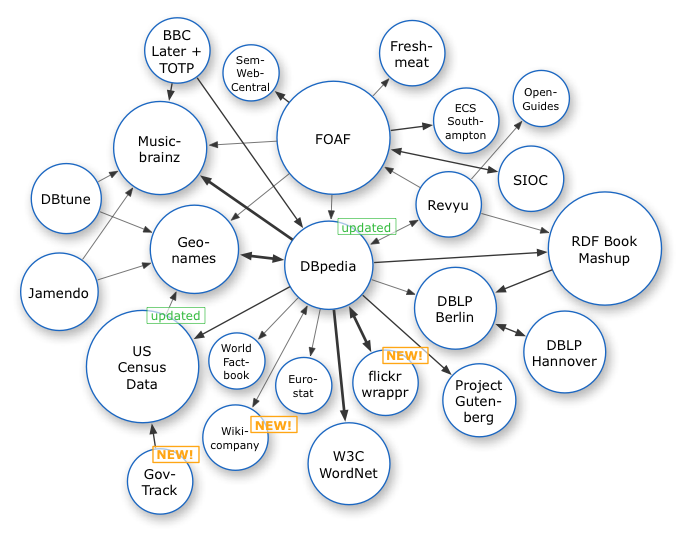Table of Contents
ToggleThe integration of machine learning algorithms into Search Engine Optimization (SEO) strategies has revolutionized how websites optimize for better search engine rankings and enhanced user experience. These algorithms enable SEO practitioners to understand complex patterns in user behavior and search engine algorithms, leading to more effective and dynamic optimization strategies. This article delves into the prominent machine learning algorithms that significantly impact SEO outcomes, discussing their functionalities and applications.
Machine Learning in SEO
1. Linear Regression
Linear regression, a foundational machine learning algorithm, is used in SEO for predicting numerical values such as traffic, conversion rates, or the impact of keyword rankings on website visits. It establishes a linear relationship between independent and dependent variables, aiding in forecasting outcomes based on historical data.
2. Decision Trees
Decision trees are vital for classification and regression tasks in SEO. They help in segmenting datasets and making decisions based on multiple criteria. For instance, decision trees can classify web pages based on factors like content quality, user engagement, and technical SEO factors, facilitating targeted optimization strategies.
3. Random Forest
An extension of decision trees, Random Forest involves constructing multiple decision trees and merging their outcomes for more accurate and reliable predictions. This algorithm is particularly useful in SEO for analyzing large datasets and identifying key factors influencing search rankings and user engagement.
4. Naive Bayes Classifier
The Naive Bayes Classifier is a probabilistic machine learning model used in SEO for text classification, such as sentiment analysis of user reviews or categorizing web content. Its ability to handle large volumes of text data makes it essential for content-related SEO strategies.
5. Support Vector Machines (SVM)
SVMs are powerful for classification tasks, especially in high-dimensional spaces. In SEO, SVMs can classify web pages, detect spam, and identify high-quality content, contributing to improved search engine rankings and user experience.
6. K-Means Clustering
K-Means Clustering is used in SEO for market segmentation and understanding user behavior patterns. By clustering similar data points, such as user demographics or search behaviors, SEO strategies can be tailored to target specific groups effectively.
7. Neural Networks
Neural Networks, particularly deep learning models, are instrumental in understanding complex patterns in SEO data. They are used for tasks like natural language processing for content optimization, image recognition, and improving user experience through personalized content recommendations.
8. Gradient Boosting Machines
Gradient Boosting Machines are used in SEO for predictive modeling and ranking tasks. They optimize weak learning algorithms to improve prediction accuracy, making them useful for understanding the factors that influence search rankings.
Conclusion
The application of machine learning algorithms in SEO offers a sophisticated approach to optimizing websites. By leveraging these algorithms, SEO professionals can gain deeper insights into search engine behaviors, user preferences, and content effectiveness. The continual evolution of these technologies ensures that SEO strategies remain dynamic, adapting to the ever-changing landscape of search engine algorithms and user behavior. Employing these machine learning techniques not only enhances search engine rankings but also significantly improves the overall user experience, a critical factor in the success of modern digital marketing strategies.












